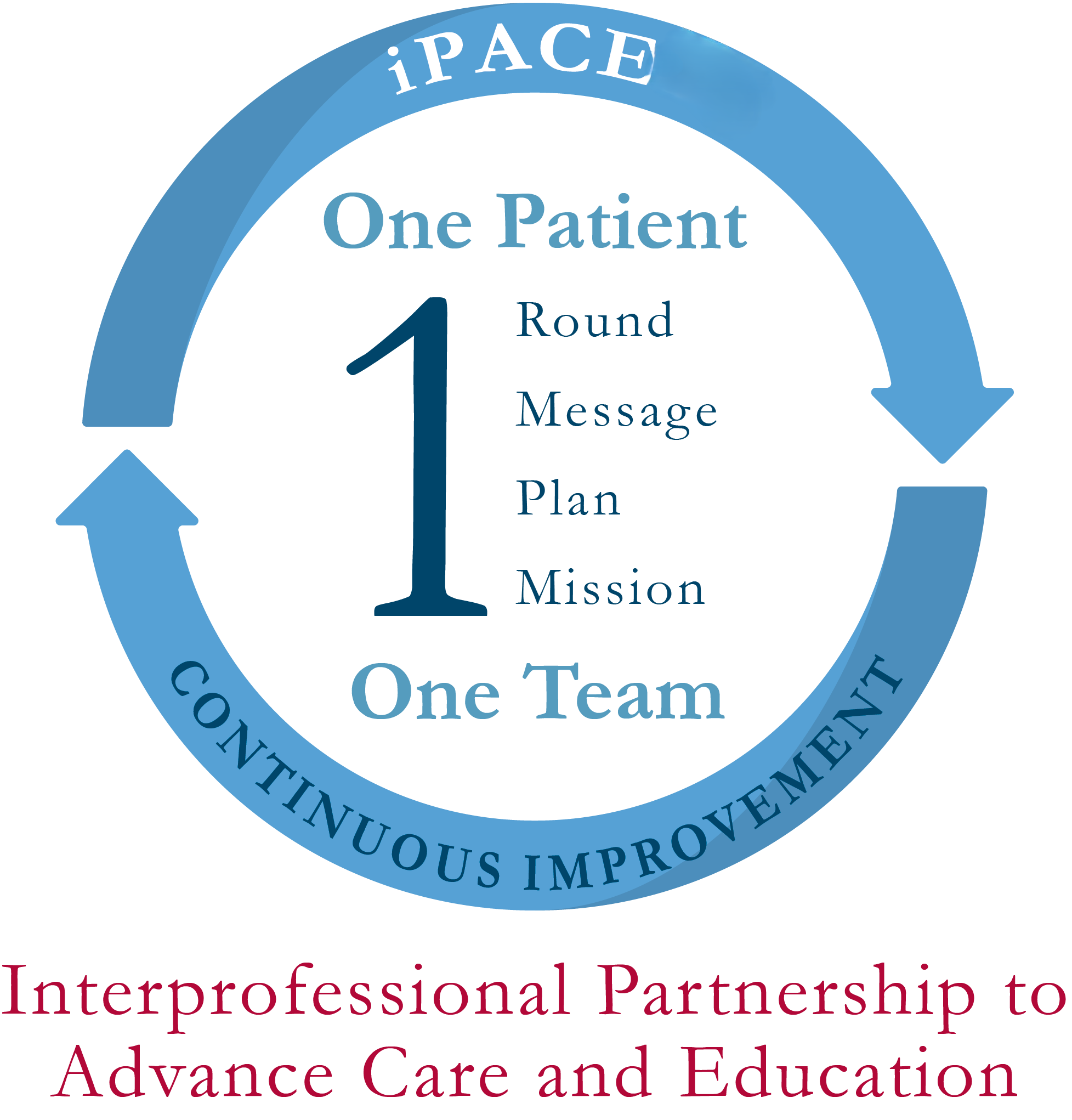Humanitarian Engineering Training Engineers To Best Serve Communities – Colorado School Of Mines
Original Article Reference
This SciPod is a summary of the paper:
https://doi.org/10.33548/SCIENTIA584
Share Episode
About this episode
Engineering is one of the most impactful and transformative fields of teaching, research, and practice, as it shapes the world we live in and ensures the functioning of many systems that maintain human life. The Colorado School of Mines created the first Humanitarian Engineering (HE) program to train engineering students to devise solutions that are efficient, ethical, socially responsible and sustainable. Its students work closely with the communities they serve, thinking critically about their needs.
This work is licensed under a Creative Commons Attribution 4.0 International License. 
What does this mean?
Share: You can copy and redistribute the material in any medium or format
Adapt: You can change, and build upon the material for any purpose, even commercially.
Credit: You must give appropriate credit, provide a link to the license, and indicate if changes were made.
More episodes
Dr. Sarah Hallen | The patient will see you all now: redesigning clinical learning for better outcomes
If you picture doctors making their daily rounds through hospital floors, you might imagine a single doctor standing by a bedside, examining a patient’s chart, or perhaps a group of doctors discussing a case right outside a patient’s room. However, the future of hospital care may well look more like a well-choreographed team effort, with doctors, nurses, pharmacists, students, and patients themselves, all in the same room, and all working as one team. This is exactly what Dr. Sarah Hallen and her colleagues at MaineHealth Maine Medical Center Portland envisioned when they created the iPACE model, short for Interprofessional Partnership to Advance Care and Education. Launched in 2017, this model is not just changing how doctors are trained; it’s leveraging team synergies to reshape what it means to deliver healthcare.
Dr. Jon Reinders | A genetic breakthrough for farming: editing corn inside the plant, not the lab
Corn is a cornerstone of modern agricultural food production, particularly in North America. Humans have selectively bred such crops over generations to create better yields, improved appearance and flavor and enhanced disease resistance. However, what if we could skip these arduous rounds of selective breeding and improve a crop’s stability and reliability regardless? Deep within the genetic blueprint of every maize kernel, scientists are aiming to achieve just this. In a recent groundbreaking study, Dr. Jon Reinders of Corteva Agriscience and his colleagues have unveiled a powerful new way to create genetically improved corn, not in a lab dish, but inside the plant itself. This new method is faster, cleaner, safer, and could transform how we grow our most essential crops.
Associate Professor Nina Tahmasebi | A new approach for detecting changes in word meaning over time
Words change their meanings over time, but tracking these changes has traditionally required painstaking manual analysis by linguists. In recent years, researchers have been using computational models to automatically detect when semantic change happens, and how much of a change has occurred. Recent research led by Associate Professor Nina Tahmasebi and her colleagues in the Change is Key! program introduces innovative computational methods for detecting qualitative features of semantic change, opening new possibilities for understanding language evolution at scale.
Do Security and Regulation Failures Put Women’s Health Data, Their Privacy and Even Their Safety at Risk?
Recent research from Professor Maryam Mehrnezhad at the Information Security Department, Royal Holloway University of London and a team of researchers reveals widespread privacy, security and regulatory failings in female-oriented health technologies (also known as FemTech). The researchers’ comprehensive analysis demonstrates how current practices leave sensitive health information vulnerable, while highlighting an urgent need for reform across technical, legal and social dimensions of digital healthcare.
Increase the impact of your research
• Good science communication helps people make informed decisions and motivates them to take appropriate and affirmative action.
• Good science communication encourages everyday people to be scientifically literate so that they can analyse the integrity and legitimacy of information.
• Good science communication encourages people into STEM-related fields of study and employment.
• Good public science communication fosters a community around research that includes both members of the public, policymakers and scientists.
• In a recent survey, 75% of people suggested they would prefer to listen to an interesting story than read it.

Step 1 Upload your science paper
Step 2 SciPod script written
Step 3 Voice audio recorded
Step 4 SciPod published




